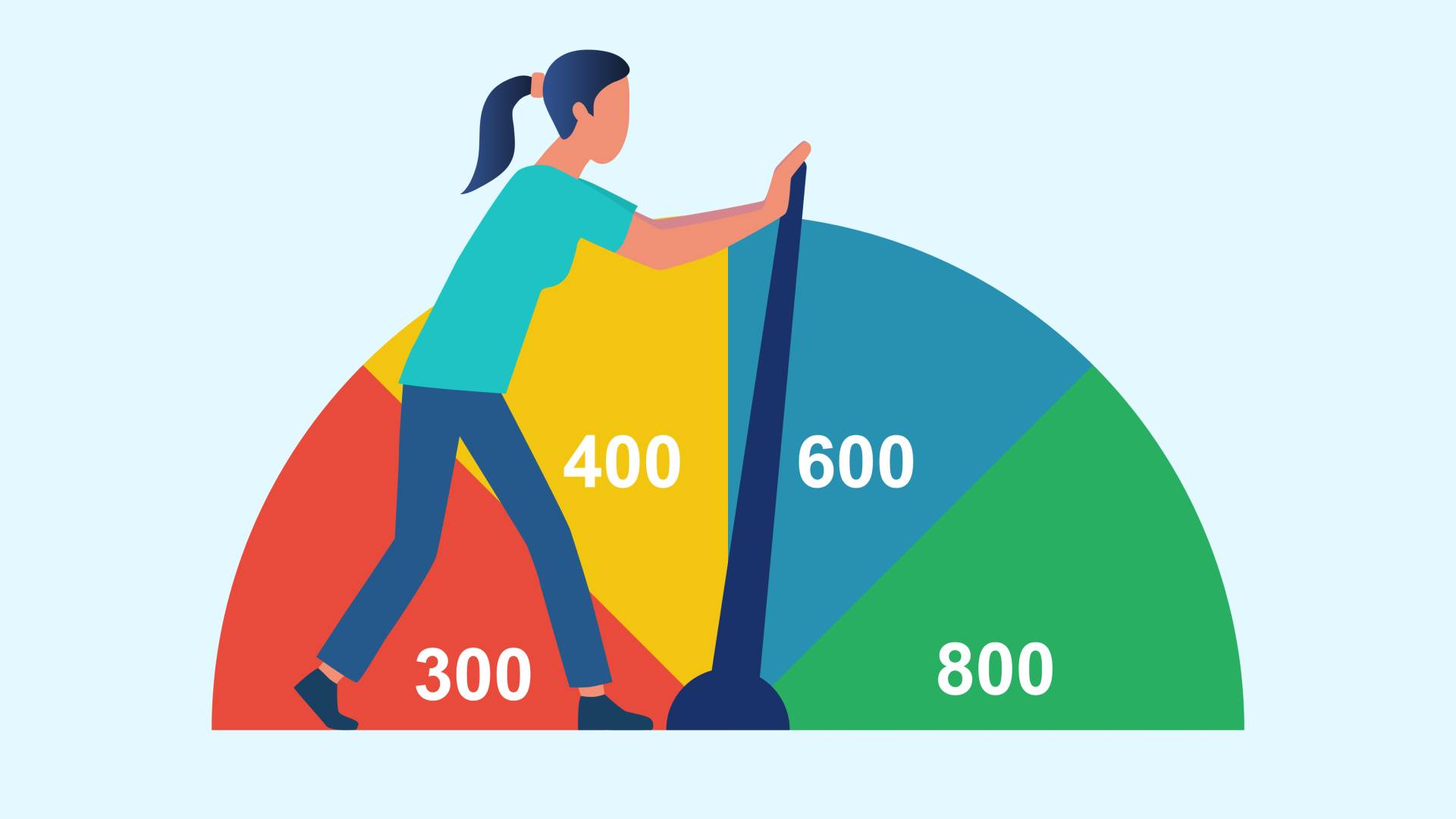Having little to no credit history is a major roadblock to getting approved for a loan. Lenders want to see a proven track record of responsible debt management before financing a major purchase like a car or home. If you’re a recent graduate, early in your career or looking to rebuild your credit profile, following these eight strategies to establish a solid credit history will boost your chances of loan approval. Building good credit is a gradual process that’s well within your reach.
1. Open a basic bank account
The first step is opening a checking or savings account with a credit union or bank. Many credit unions offer products explicitly designed to help members build credit. As a member, you’ll earn dividends on your deposits and access fee-free accounts. Having a bank account demonstrates your ability to manage money responsibly, which can help build credibility with lenders down the road. Be sure to avoid overdrafts or bouncing checks, as these negative items can make getting approved more difficult.
2. Build credit by making rent payments on time
If you’re a renter with little to no credit history, you may be able to build your credit profile through rent reporting services. Many landlords and property management companies offer programs that report your monthly rent payments to the credit bureaus, helping you establish a positive payment history. Make sure to pay your rent on time every month by enrolling in your property management’s autopay and receiving a payment confirmation or getting into the habit of walking a check to their office if that is convenient. If your landlord or property management company doesn’t offer this service, Fannie Mae works with three vendors that provide this service.
3. Build credit history making on-time utility, cell phone and internet payments
As a college student, renter or living with family and not paying rent, you can build your credit history and raise your credit score by signing up for a program that reports on-time payments to internet service, utility, and cell phone accounts. eCredable reports up to 24 months of payments on your TransUnion credit report to raise your VantageScore 3.0 credit score. These services are also helpful if you’re rebuilding your credit following missed loan payments or bankruptcy.
4. Explore credit-builder loans to establish a credit history
Credit unions and community banks often provide credit-builder loans, which are small loans intended to help people establish positive payment histories. Instead of receiving the loan upfront, you make on-time monthly payments, which the credit union reports to the major credit bureaus. Once you’ve paid off the “loan”, you’ll receive the loan amount in a lump sum, which can be moved into a savings account, helping you build credit from the ground up. These loans make it easy to demonstrate a pattern of consistent payments without taking on heavy debt.
5. Become an authorized user on a credit card acccount
If you have a family member or partner with an excellent credit history, ask if they’ll add you as an authorized user on one of their credit card accounts. As an authorized user, their positive payment history can boost your credit score. Just ensure the creditor reports authorized users. Adding this to your file can kickstart your credit, but be aware that the primary account holder’s mistakes can also impact you if they fall behind on payments.
6. Apply for a secured credit card
A secured credit card requires a refundable security deposit that becomes your spending limit. For example, to receive a $500 spending limit, you deposit $500 with the credit card issuer. This makes it easier to get approved with limited credit. Use the card responsibly by keeping your balance low and making full, on-time payments to build a positive payment history. Many secured card issuers will review your account after one or two years to graduate you to an unsecured card and refund your deposit.
7. Make student and auto loan payments on-time
If you have student or auto loans, ensure you’re listed as the primary borrower. On-time payments for these loan types can significantly contribute to your credit-building efforts when reported to the bureaus. Autopay can ensure you never miss a due date. Consider paying a few days early each month, as lenders typically issue statements the day after your due date, which may temporarily show as a missed payment.
8. Be patient and monitor your progress
Building credit takes time and discipline, so be patient and stick to good financial habits. Check your credit report regularly for errors and fraudulent accounts. You can monitor your score’s progress using free online services provided by many banks and personal finance apps. Automating payments and keeping balances low month-over-month is key. Stay committed, and your credit profile will grow stronger each year of responsible credit use.
By following these tips, you can go from a thin or non-existent credit file to an established, positive history that qualifies you for better lending opportunities. Stay the course, and your financial goals, including homeownership, will soon be within reach!




